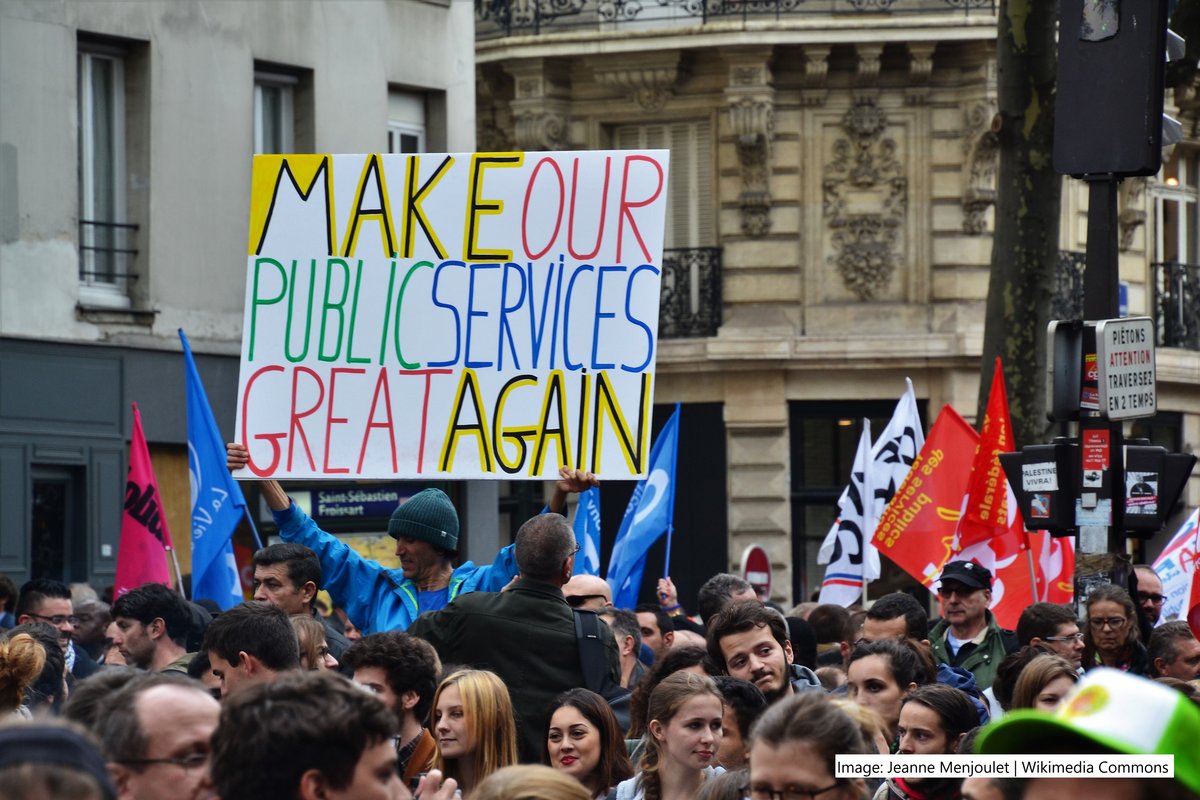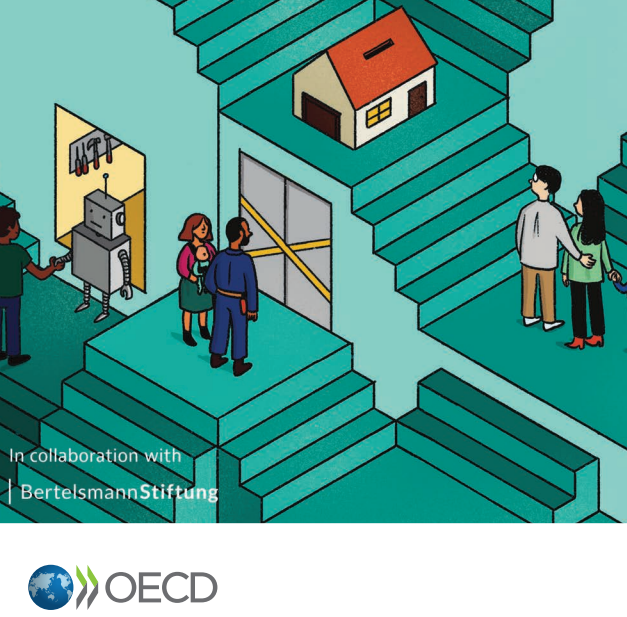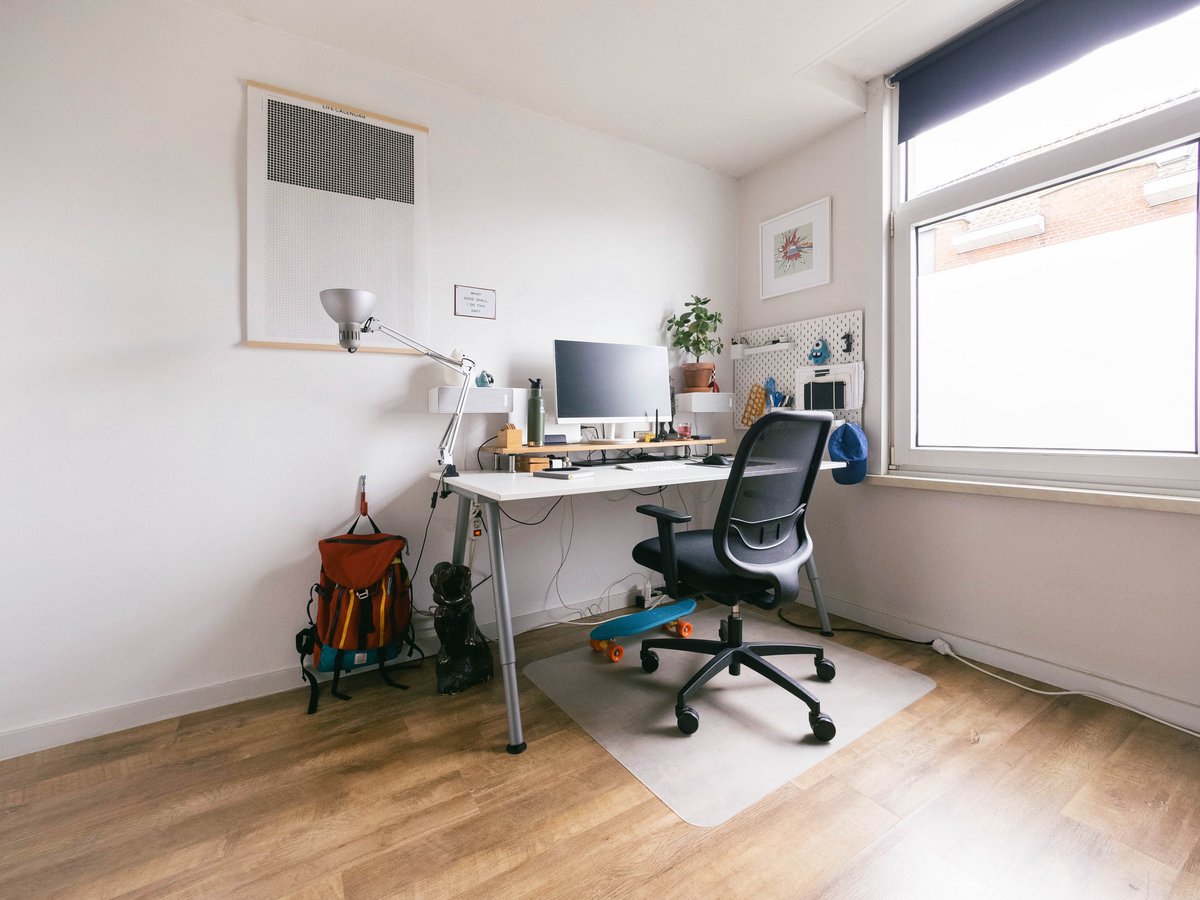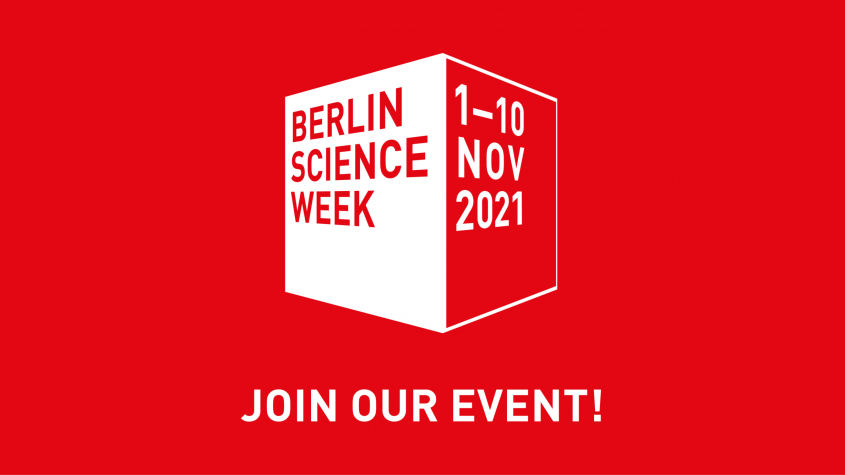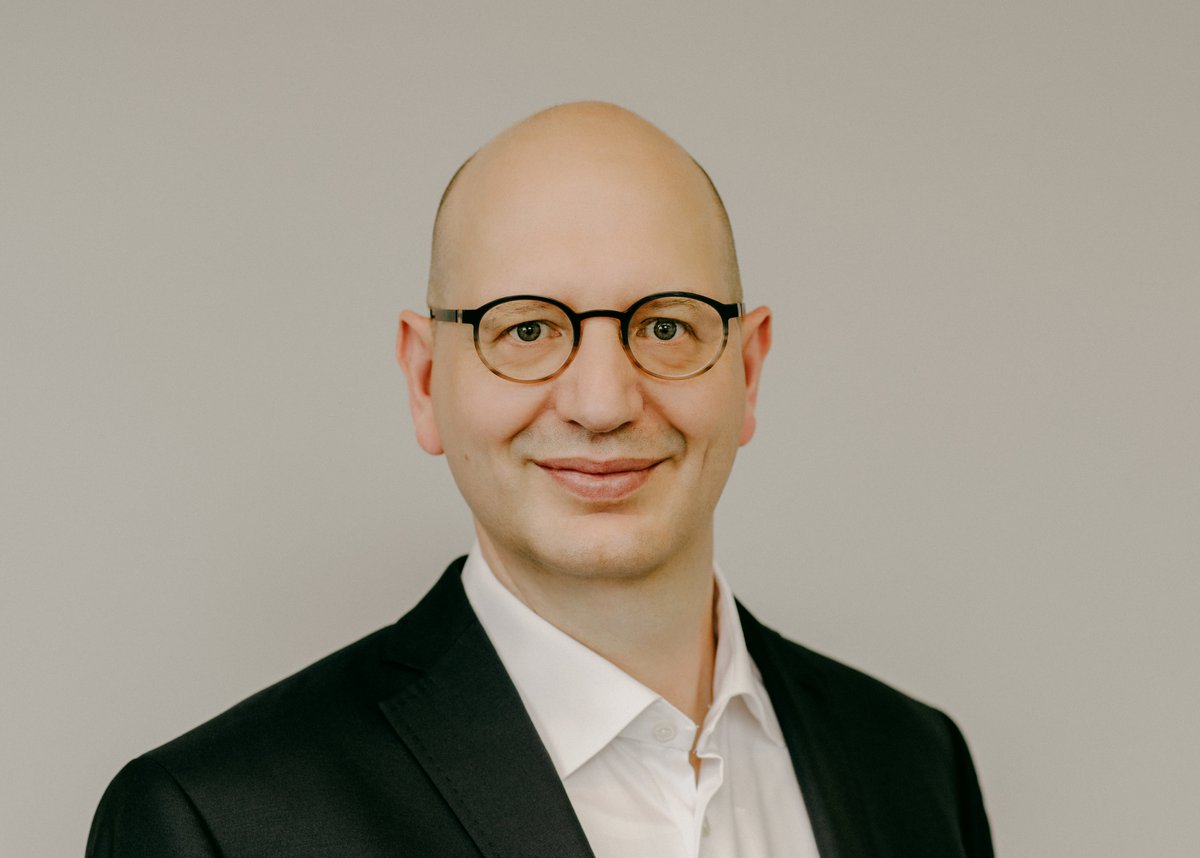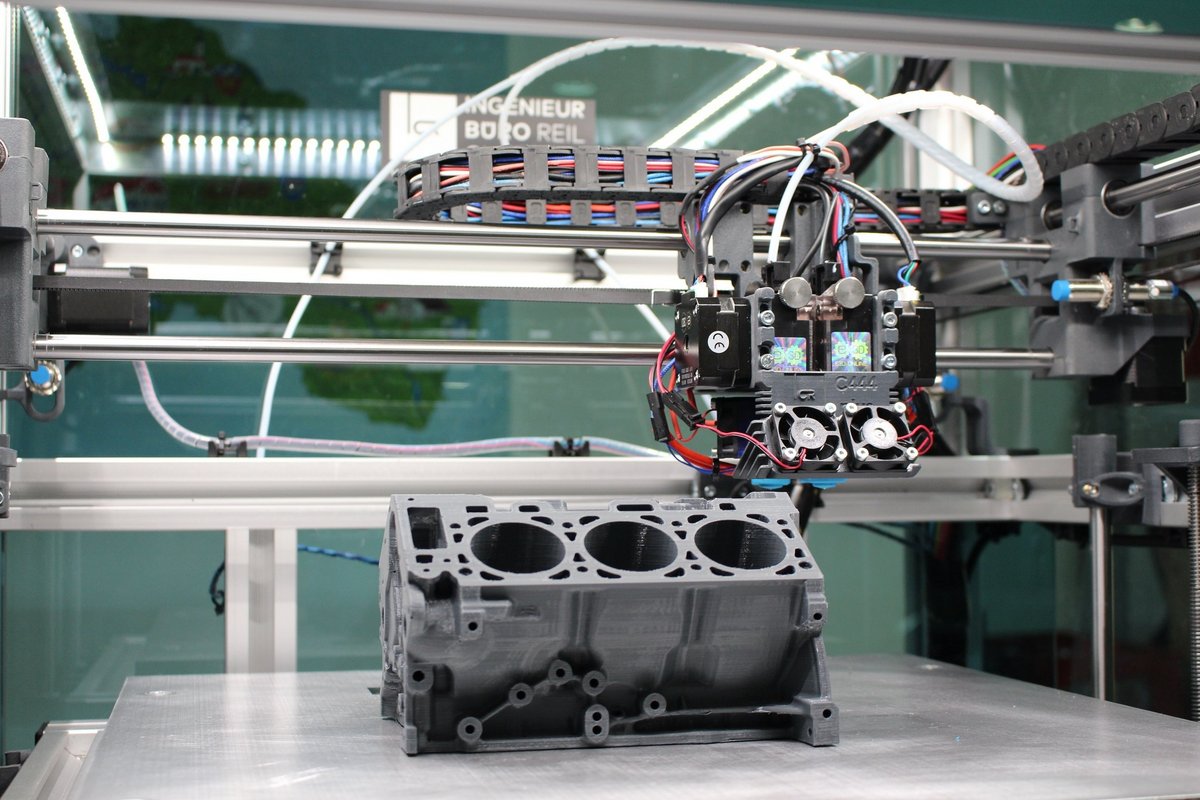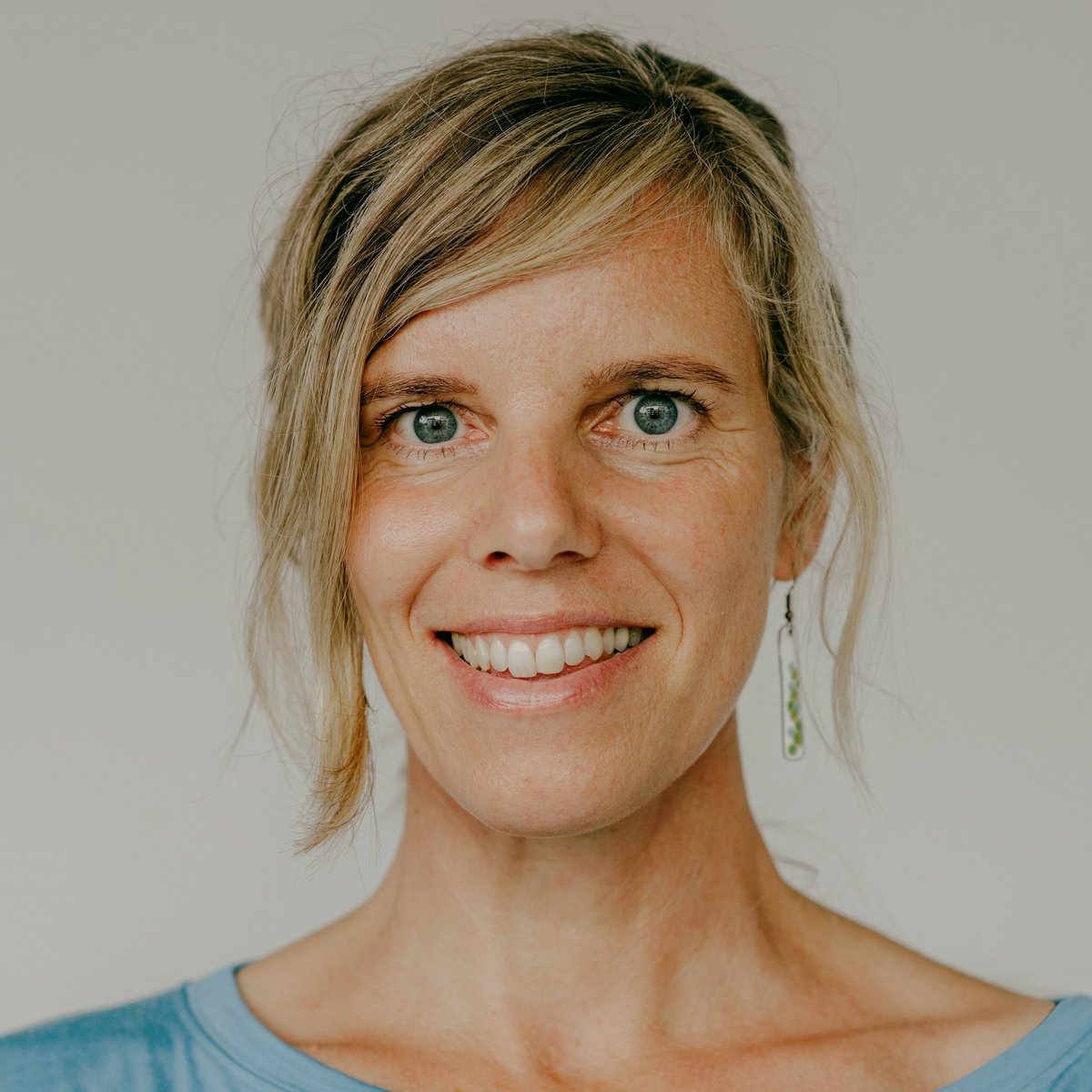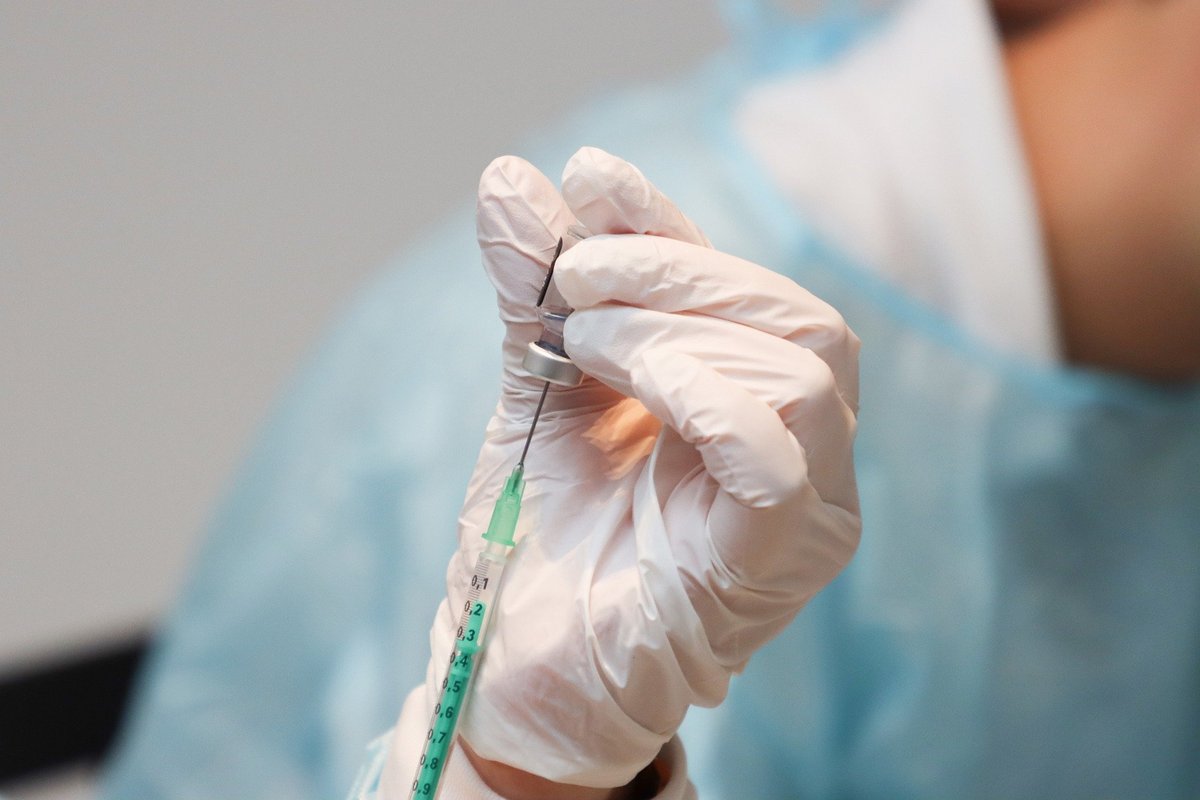
Vaccine hesitancy and vaccine refusal
Vaccine hesitancy has been around since long before the coronavirus pandemic. A research team from Konstanz and Berlin is now examining how vaccination rates and vaccine hesitancy developed in the time before the pandemic.
Read more
